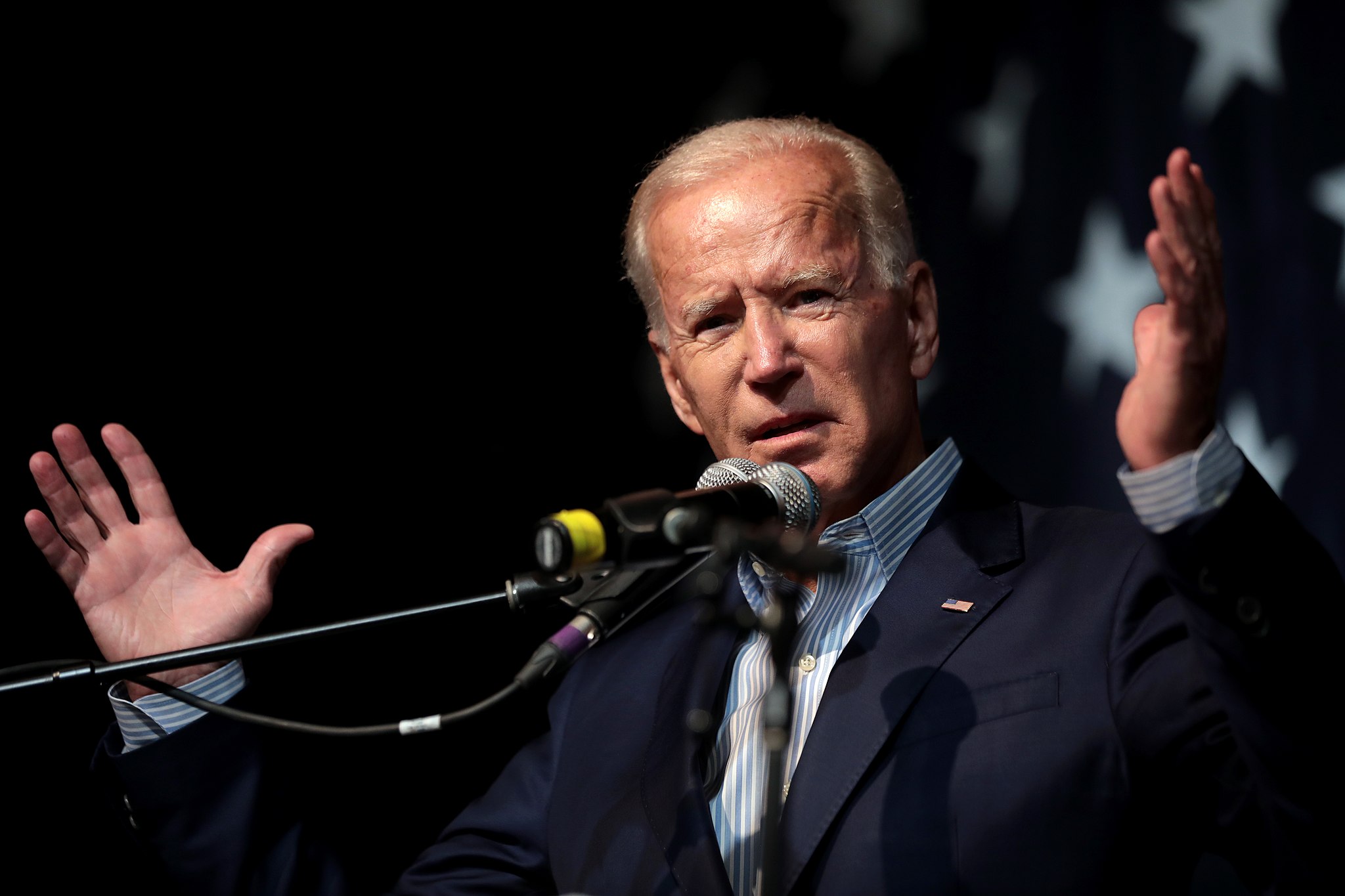Biden Blindsides Americans
Since when does the President of the United States have no power?
On Tuesday, President Biden addressed concerns over his authority to unilaterally close the southern border with Mexico if circumstances demand it. Speaking with Univision’s Enrique Acevedo, he acknowledged the ongoing examination of his executive powers in this regard, hinting at the potential necessity for congressional involvement.
The president emphasized the border’s strain, citing a daily influx of over 5,000 individuals attempting to cross. He underscored the complexity of the situation, suggesting that decisive action may require legislative support, acknowledging the risk of legal challenges should he proceed independently.
These remarks follow the recent setback of a bipartisan bill focused on border security funding, thwarted by Senate Republicans. In his recent State of the Union address, Biden urged Congress to advance legislation on this issue while attributing blame to his predecessor for sabotaging previous efforts.
Biden reiterated his commitment to the bipartisan bill, recounting how former President Trump actively lobbied against it upon learning of Biden’s endorsement. He criticized the politicization of legislative decisions, reaffirming the bill’s merits regardless of its potential impact on political fortunes.
The failed border deal, which aimed to bolster resources for border enforcement and expedite the asylum process, drew bipartisan support before collapsing. Senator James Lankford’s visible agreement during Biden’s remarks highlighted the consensus on the bill’s substance.
Conversely, Trump celebrated the bill’s demise during a speech to National Rifle Association members, contrasting its provisions, including taxpayer-funded legal assistance for migrants, with his administration’s policies.
President Biden’s engagement with the border issue reflects the ongoing struggle to balance executive action with legislative cooperation, underscoring the complexities of immigration policy and the enduring legacy of political polarization on Capitol Hill.





